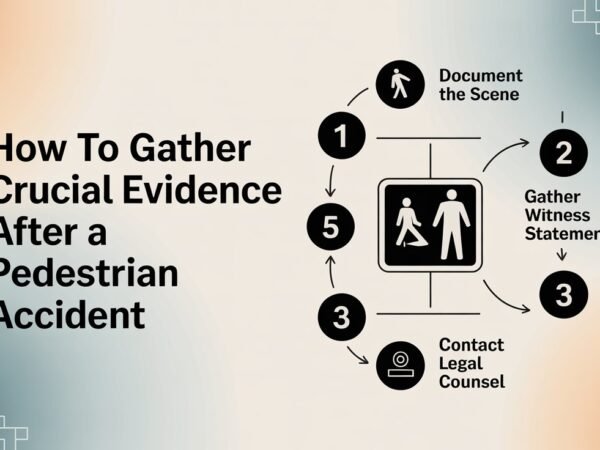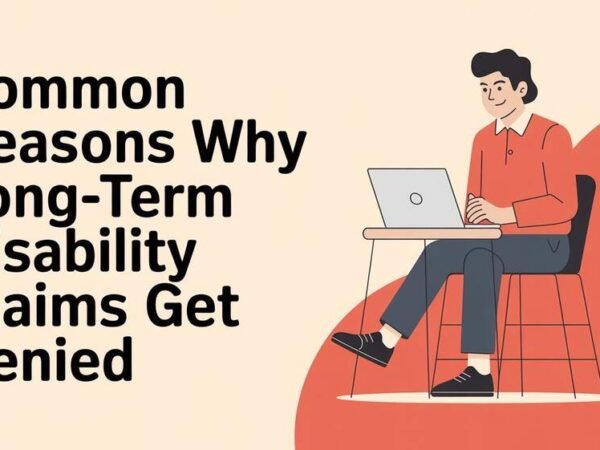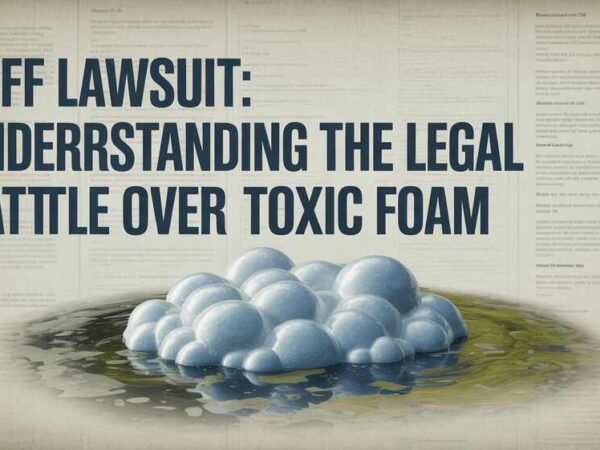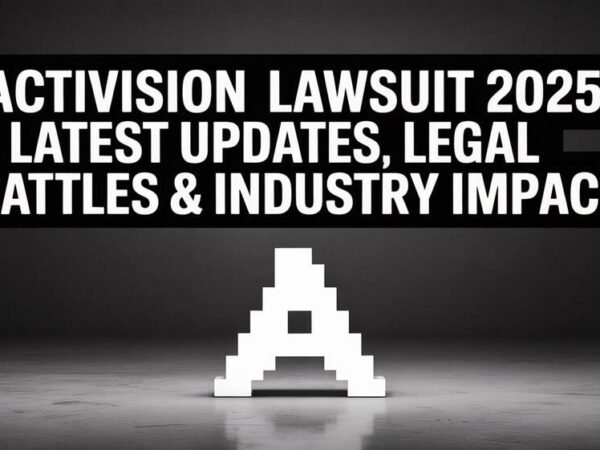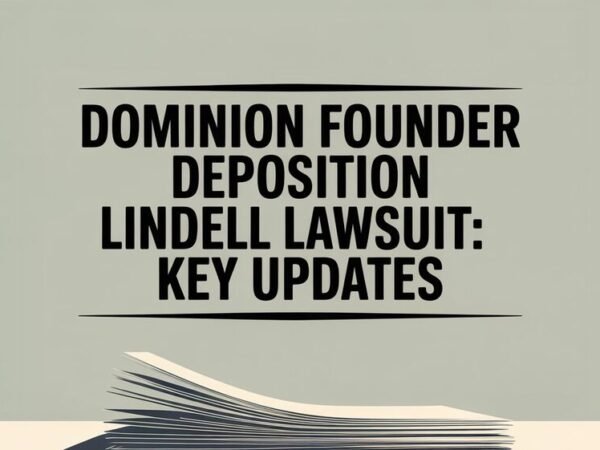Introduction
The “ATT data breach lawsuit” has become one of the most significant legal battles in the digital privacy arena in 2025. Following a massive data breach that exposed sensitive information of more than 73 million current and former customers, AT&T is now at the center of a growing storm of class action lawsuits and federal scrutiny. This case impacts millions of consumers and raises concerns about how major corporations handle and protect user data. As data security becomes more critical than ever, understanding the scope and legal consequences of this breach is essential for anyone affected or interested in digital privacy.
Breaking Down the AT&T Data Breach
The AT&T data breach came into public focus when a hacker, known online as MajorNelson, released a 5GB data archive in March 2024. This trove of data, initially tied to a previous 2021 exposure allegedly orchestrated by the hacker group ShinyHunters, reignited concerns and prompted AT&T to conduct a thorough investigation. The company eventually confirmed that a breach had indeed occurred, impacting not just current customers but millions of former ones. The stolen data included highly sensitive personal information such as names, phone numbers, physical addresses, dates of birth, Social Security numbers, and even passcodes for customer accounts. In some instances, call and text records from mid-2022 were also leaked. The volume and sensitivity of this information significantly elevated the breach’s seriousness.
How the Breach Was Discovered
Though there were rumblings about stolen AT&T data as far back as 2021, the true scope of the breach was not fully realized until early 2024. Online forums frequented by cybercriminals began circulating portions of a large data dump, drawing the attention of cybersecurity experts and investigative journalists. It was only after public pressure mounted that AT&T acknowledged the breach. The delay in communication has since become one of the central complaints in lawsuits filed against the telecom giant. Critics argue that AT&T could have acted sooner, potentially mitigating harm to millions of customers whose data was left vulnerable for years. The breach’s discovery through underground channels rather than proactive monitoring underscores a troubling lapse in corporate cybersecurity vigilance.
Who Is Affected?
The breadth of the breach is staggering. Of the 73 million affected individuals, 7.6 million are current AT&T account holders, while the remaining 65.4 million are former customers whose data was retained in AT&T’s systems. Even more concerning is that the breach also compromised data from users of other mobile carriers who routed traffic through AT&T’s network. This detail has sparked widespread outrage, as many of those individuals never had a direct relationship with AT&T. The stolen data has exposed these individuals to serious risks, including identity theft, phishing attacks, unauthorized credit inquiries, and social engineering schemes. Many victims have reported suspicious financial activity and compromised accounts due to the breach.
The Lawsuits: Legal Fallout from the Data Breach
A wave of lawsuits was quickly filed nationwide in response to the breach. Given the common legal and factual issues across the complaints, these cases were consolidated into a multidistrict litigation (MDL) proceeding in the Northern District of Texas. Key lawsuits, including Vita et al. v. AT&T, Inc. and Debbie Hale et al. v. AT&T Inc., allege that AT&T was grossly negligent in protecting user data, failed to notify victims promptly, and violated several state and federal data protection laws. Plaintiffs seek compensation for damages, legal costs, and orders requiring AT&T to bolster its data security infrastructure. The legal actions have drawn attention from affected individuals and consumer advocacy groups, cybersecurity experts, and privacy watchdogs who argue this case could set important precedents in the digital age.
Significant Legal Developments in 2025
As of 2025, the lawsuit has seen several significant developments. A key milestone came when the Federal Communications Commission (FCC) imposed a $13 million fine on AT&T about a prior 2023 breach affecting 8.9 million customers. Although that fine pertains to a different incident, it highlights an ongoing pattern of cybersecurity lapses within the company. Courts have begun preliminary hearings in the current case, and AT&T is attempting to move claims out of the court system and into private arbitration. Legal experts believe this maneuver, if successful, could limit the ability of victims to participate in a collective class action, reducing AT&T’s potential liability. Meanwhile, the FCC and other regulatory agencies continue to investigate AT&T’s handling of customer data, suggesting more penalties could be forthcoming.
AT&T’s Legal Defense Strategy
AT&T has responded aggressively to the lawsuit, denying liability and asserting that much of the compromised data was outdated or unverifiable. One of the company’s primary legal strategies is to enforce its user agreement clauses, which include mandatory arbitration and class action waivers. By compelling individual arbitration, AT&T could prevent the formation of a unified class of plaintiffs, which would significantly diminish the legal and financial consequences. In public statements, AT&T has emphasized securing its systems, hiring third-party cybersecurity firms to investigate the breach, and offering free credit monitoring services to affected users. However, critics argue these measures are reactive and insufficient, given the scale of the damage.
What Customers Can Do Now
If you believe you were affected by the AT&T data breach, there are immediate steps you should take. First, enroll in any free credit monitoring or identity theft protection services offered by AT&T or third-party providers. Next, consider placing fraud alerts on your credit reports and changing your passwords—mainly if you use similar credentials across multiple accounts. Victims can also file complaints with the FTC or join existing class action lawsuits by contacting law firms representing plaintiffs. It’s also wise to monitor financial statements closely and watch out for phishing attempts that may use your leaked data to appear more convincing. AT&T has set up a dedicated support page, but many customers report delays and vague answers, prompting them to seek legal advice independently.
Broader Cybersecurity Concerns for Telecom Giants
The ATT data breach lawsuit is not just about one company’s failures; it reflects systemic weaknesses in the telecommunications industry’s approach to data security. As telecom providers collect and store enormous volumes of personal information, they become prime targets for cybercriminals. This case may serve as a wake-up call for industry leaders and regulators. Experts now call for stricter data retention policies, mandatory breach notification timelines, and more robust encryption standards. The breach has reignited the debate over how long companies should store former customers’ data and whether consumers should have more control over what data is retained and for how long. Lawmakers are already considering new regulations that could reshape how telecom firms operate in the digital landscape.
Final Thoughts
The ATT data breach lawsuit is becoming one of the most critical privacy and cybersecurity cases in recent history. With millions of Americans affected and legal battles intensifying, this incident underscores the urgent need for stronger corporate accountability and more robust consumer protections. Whether you’re an AT&T customer, a tech professional, or simply someone concerned about data privacy, the implications of this lawsuit extend far beyond the courtroom. It’s a crucial moment for understanding how our digital lives are managed and what rights we have when those responsible for safeguarding our information fail to do so. Staying informed, proactive, and vigilant is the best defense in an increasingly connected and vulnerable world.
Do Read: Walmart Class Action Lawsuit: Key Cases & How to File Claims




